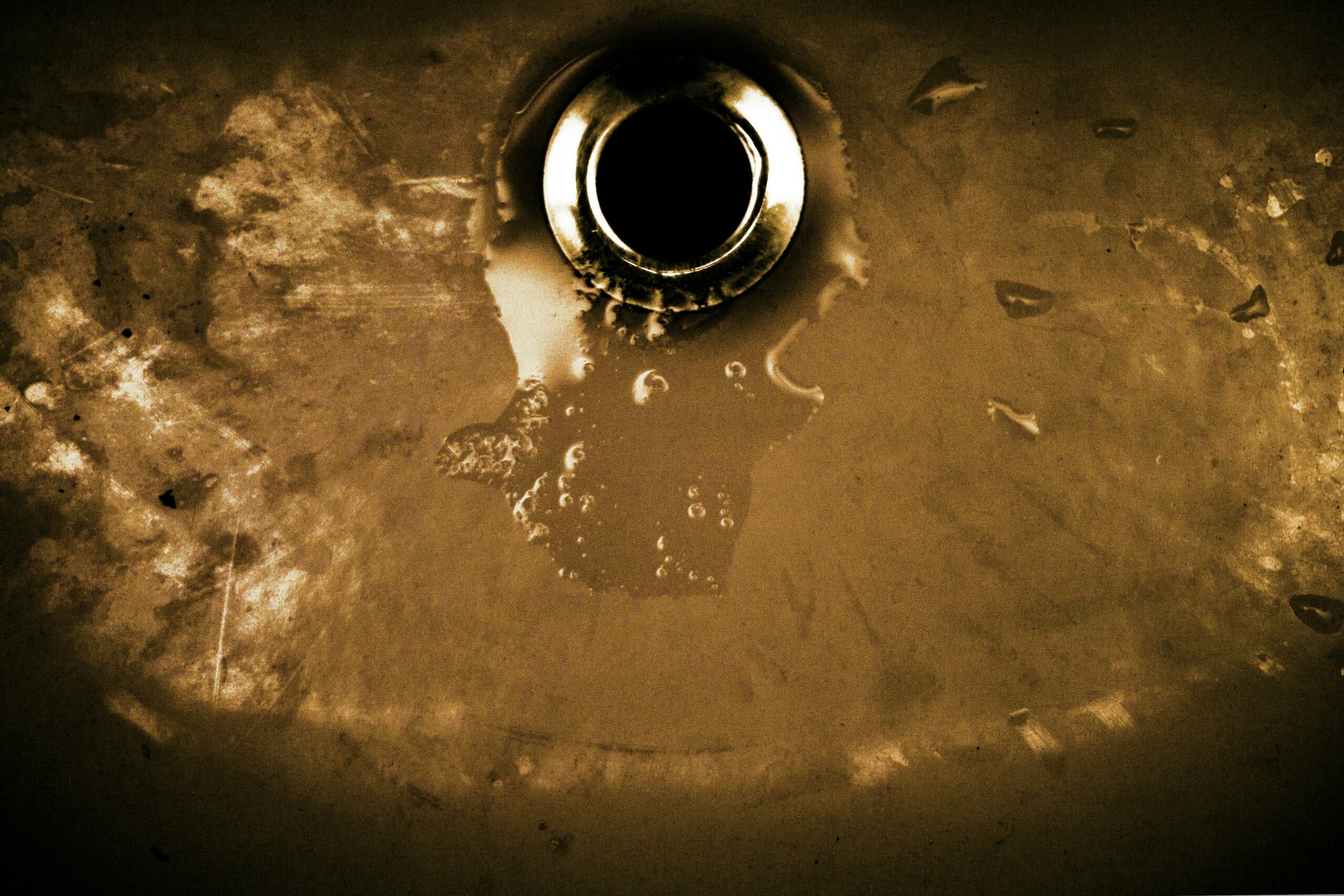Blocked drains are a common household issue that can disrupt daily life and lead to costly repairs. However, with a few simple preventive measures, you can keep your pipes flowing and avoid the inconvenience of clogged drains or costly repairs. Hunter Eco Plumbing specialises in blocked drain repairs and can unclog your blockage quickly. It’s always better to prevent a problem rather than have to deal with it later on, here’s a few tips to prevent blocked drains.
1. Drain Strainers
One of the main reasons for clogged drains is build up of little particles. One way to stop them from getting into your drain is to use a drain strainer. A drain strainer is a stainless steel object that is placed on the drainage entry. Hardware stores in your neighbourhood will sell it. The tool prevents small particles from getting into your drain pipes. You can set it above your sink’s drain opening to keep food waste from spilling into the drain. You can also employ various shower strainers. Soap scum, filth, and falling hair can all contribute to a blocked shower drain. Therefore, putting in a filter here will help prevent it.
2. Boiling Water
Even if you take precautions there may still be small waste in your sinks or pipes that can gather over time. Boiling water serves as a simple yet effective remedy for preventing blocked drains in your home. When regularly poured down sinks and drains, boiling water helps to dissolve and dislodge accumulated debris, grease, and soap scum. The high temperature of the water helps break down organic materials, making it easier for them to flow through the pipes. This natural and chemical-free method is particularly useful for kitchen sinks where grease can solidify over time, contributing to blockages. Be sure to use caution with hot water.
3. Avoid Grease, Oils & Fats
It is not advisable to dispose of waste fat, grease, or oil down your drain. Due to their stickiness, these wastes clog the drain in the centre. As they build up and clog the drain, they release unwanted odours. Prevent the flow of oil down your sink and instead let the oil harden before throwing it away in the rubbish.
4. Regular Cleaning
Regular drain cleaning is essential for preventing the buildup of hair, soap scum, grease, and other debris that can accumulate over time. Use a drain snake or chemical drain cleaner to clear away minor blockages before they become major problems. Make drain cleaning a part of your routine maintenance to keep water flowing freely through your plumbing system.
5. Be Careful What You Flush
One of the primary causes of blocked drains is flushing larger items down the toilet or sink. To prevent clogs, avoid flushing materials such as wet wipes, paper towels, feminine hygiene products, and excessive amounts of toilet paper. These items can accumulate and create blockages in your pipes over time.
Helpful Tips for Unblocking Drains:
Here are three home methods to try if your drain has become clogged.
- Plunger: Try to clear the drain by pumping a plunger, which can be purchased at any hardware shop, up and down over the drain. If the obstruction is made of soft materials like hair or soap, it might dissolve and move through the system. To clear any leftover debris from the pipes, run hot water.
- Bi carb soda and vinegar: Mix ½ cup of vinegar and baking soda together and pour down the drain. Vinegar and bicarbonate of soda react by expanding and fizzing which helps to unclog drains. As it proceeds, the clog is forced downward by the expanding product’s pressure. The vinegar solution (vinegar + water) helps eliminate soap scum that adheres to pipe walls. The purpose of the hot-water rinse is to simply remove any residue that was not removed by the vinegar-bicarb soda fizzle.
- Drain Cleaner: There are several commercial drain cleaners available. Pour the product down the drain to remove build up. Ensure you follow instructions carefully.
If you’re located in Newcastle and experience a blocked pipe emergency, Hunter Eco Plumbing are qualified professionals who can efficiently resolve your issue. Contact us via the contact form.

